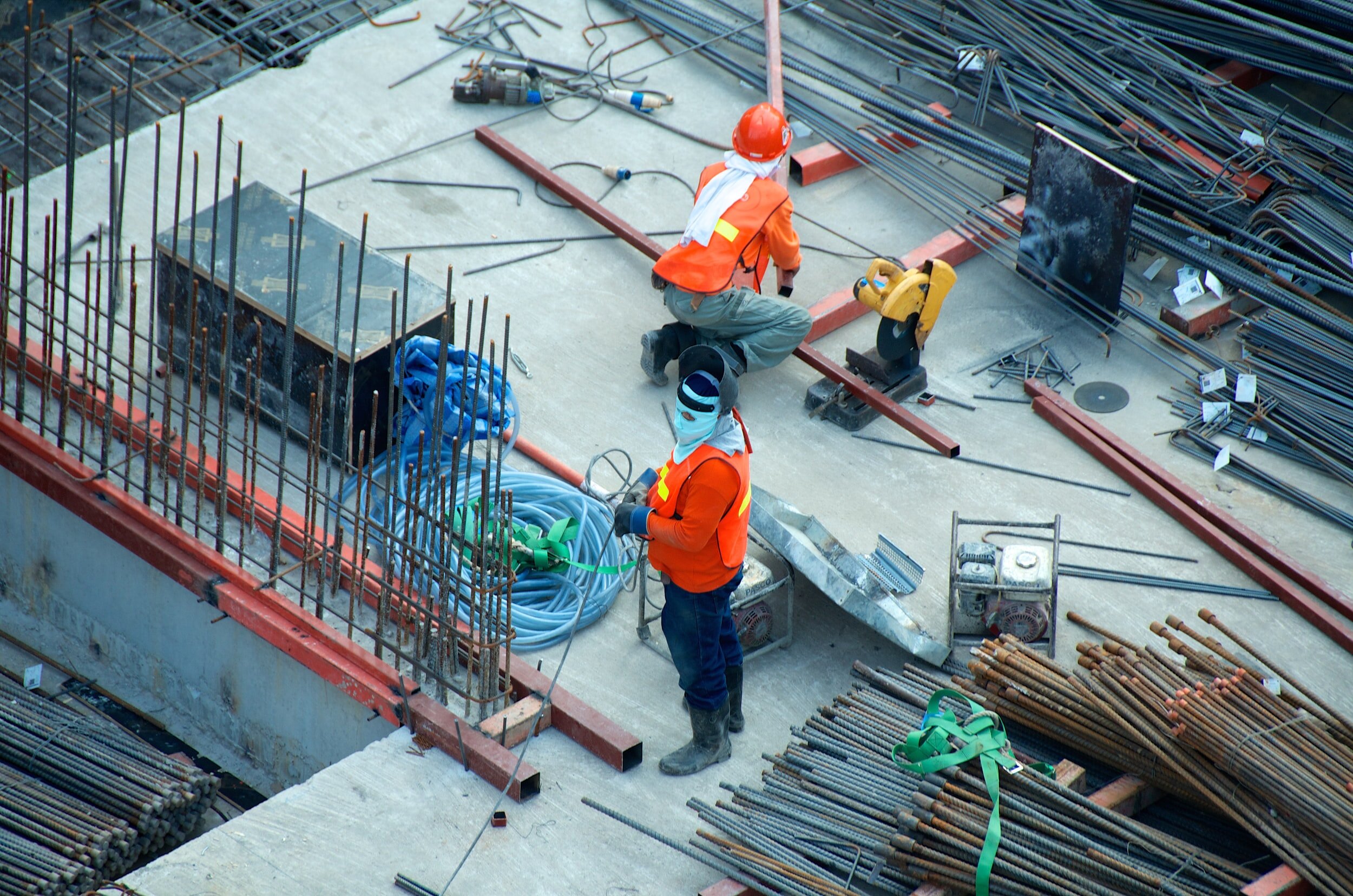photo by Scott Lewis, CC BY 2.0
Modular building makes a lot of sense: build repetitive structures in a controlled, factory-like setting and transport to the project site and assemble. It should be a more efficient and less expensive way to construct a building, but the truth is, it’s a lot harder than it looks. There’s also no written standard for doing it.
Contractors and developers in Brooklyn, New York figured out how difficult modular construction can be the hard way when they began developing 461 Dean Street, the world’s tallest modular building, starting in December of 2012. Originally scheduled to be complete by the end of 2014, it was not actually finished until late 2016 after a series of issues, including water leaks.
According to the Urban Developer, a partnership between Monash University, the Victorian Government, Engineers Australia and other industry groups have developed the world’s first building code for modular construction. The Victorian Modular Code of Construction Handbook, as it’s called, will attempt to address quality control and improve safety.
The Handbook was sent out in May of 2017 for public comment and the final document has only been released to a small number of people so far, through hard copy and USB. A new edition is scheduled to be released in 2018 and the group prefabAUS will be updating the document, as needed, in the future.
Although it won’t immediately affect American construction projects, it could certainly be used as a guide or a learning document that could be adapted to American standards. It’s important for law makers and code reviewers from around the world to take notice of how other countries are handling new and developing construction techniques.
Full story: The World’s First Building Code For Modular Construction Created In Victoria | The Urban Developer











In the midst of fierce discourse over the bipartisan infrastructure bill lies a unique opportunity for the United States.